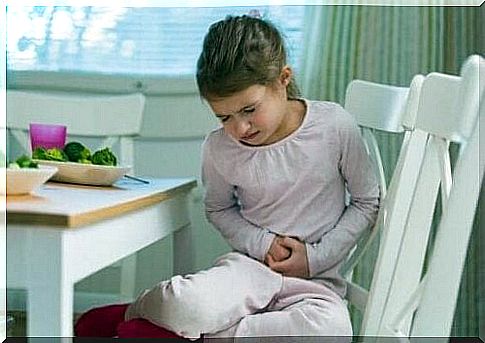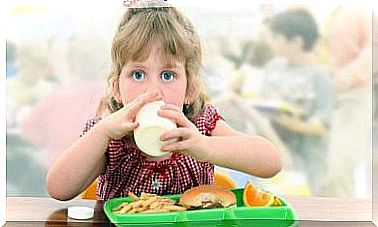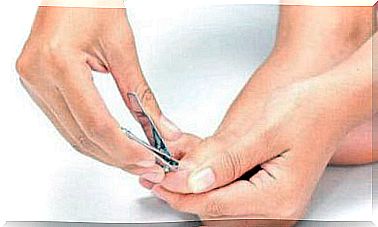What Can Be Done Against Indigestion In Children?

Children are prone to all kinds of diseases. That is why it is important to pay attention to what foods you are consuming. After all, digestive disorders in children can become a recurring problem if the little ones don’t eat well.
Below you will find everything you need to know about digestive disorders in children, which unfortunately are common. Read on and see what you can do to help your children with this problem!
It is true that indigestion can be quite uncomfortable and debilitating for children. They are characterized by a burning sensation in the throat and discomfort in the chest and stomach.
Digestive disorders in children occur when the little ones eat a lot, eat too quickly, or eat foods that their bodies cannot process well. In addition, indigestion can also be accompanied by the following conditions:
- Flatulence
- nausea
- Burning in the stomach
- Eructation
However, it is not always easy to pinpoint the cause of indigestion. However, home treatment and over-the-counter medications are usually good control of symptoms. Understanding the cause of indigestion in children can be key to proper treatment.
Since digestive disorders are a common problem for children, make sure you are treating your child effectively using safe home remedies. Lemon juice, orange juice, or mint can help calm the stomach and solve the problem.
What Causes Indigestion in Children?
Below are some of the main causes of indigestion in children:
1. Medicines
The first cause of indigestion in children is the use of certain medications. While some medications can help children naturally, others can cause stomach acid.
2. Digestive disorders in children can promote acid reflux
This second condition occurs as a result of repeated indigestion in children, leading to inflammation and irritation of the esophagus. Acid reflux in children requires medical attention.

3. Stress
Stress and anxiety can lead to an irregular diet and poor sleep habits. So it’s important to know that treating the cause can prevent indigestion caused by stress and anxiety. So make sure your child has a stress-free environment.
4. Obesity
Obesity puts additional pressure on the abdomen in children, which leads to acid reflux in the esophagus with every food ingestion.
5. fracture
The final cause of indigestion in children is fractures, also called hernias. This is a condition where the stomach pushes up against the diaphragm and blocks the esophagus. This can lead to inefficient digestion and subsequent acid reflux.
What can I do to prevent indigestion in children?
Most cases of indigestion in children certainly do not require medical treatment.
However, it is always a good idea to see a doctor if symptoms persist for more than a few hours. The doctor will diagnose the problem by pressing the area around the stomach to identify the location of the pain.
Once the diagnosis is complete, the doctor may prescribe medication or recommend additional tests, such as an x-ray or an abdominal exam. Depending on what the doctor determines, they may suggest a change in diet or recommend certain medications.

It is best to think about prevention and also to listen to the children’s body signals. If a particular food makes your child sick, stop buying it right away.
We also recommend that medicines be taken temporarily while you work with your doctor to make changes in your child’s diet. These can then help to permanently solve the gastric acid problems.
In conclusion, we would like to remind you that indigestion in children can be prevented by establishing certain food restrictions:
- Avoid giving your child too much fat.
- Make sure your child is chewing their food well.
- Limit your consumption of chocolate.
As you could see in this article, prevention is much better than treatment. We therefore recommend that you reduce the frequency with which your child eats certain foods.









